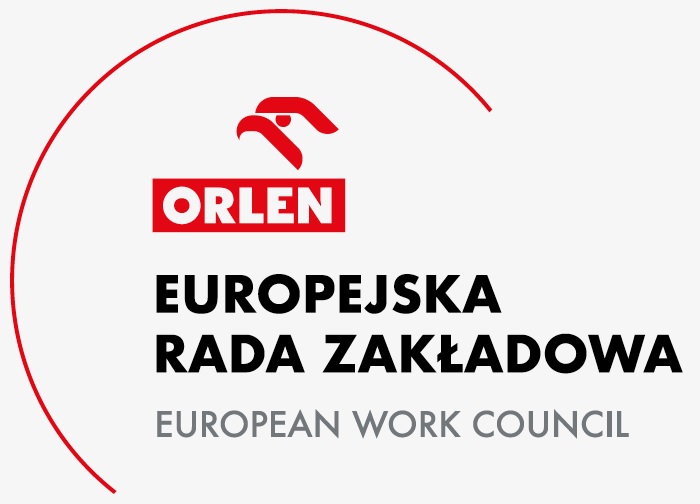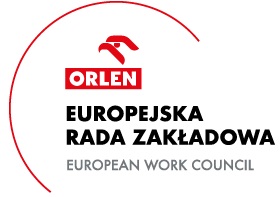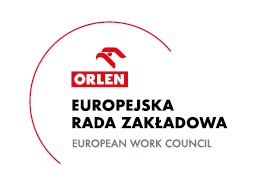
Supervisory boards as partners of European Works Councils
This conference panel was particularly interesting because of the presentation of the experience of colleagues from other Councils with companies managing capital groups. As you know, the body designated by the Law of 5 April 2002. on European Works Councils (Journal of Laws of 2002 No. 62, item 556) hereinafter (UERZ) to contact with the councils is central management of parent company (hereinafter referred to as zc).
The central board is the executive body for the entire capital group. The ERZ is an employee representation, designated to obtain information from the CB, consult it with employees and submit the resulting opinions and positions, which the central board should take into account. When determining the relationship between these entities, it is therefore possible to define the central board as an adversary of the board. So, in the structures of parent companies, among the other organs of its bodies, can the EWC have partners?
In many capital groups, especially from countries where international social dialogue is at a high level (Denmark, Germany, Sweden), theUropaean companies are looking for allies among the other bodies of management companies. I write „others” because in these countries ewc do not have a separate legal personality and are quasi bodies of parent companies. The European directive, on the basis of which national laws on [1]EWC were adopted, gives them information and consultation powers with elements of supervision. However, these competences are limited only to the so-called „international affairs” and in addition in the field of collective labour law. Information and consultation with elements of supervision in relation to thegovernment of parent companies also have supervisory provisions. However, their scope of competence is much broader (it is not limited only to international labour matters). The common denominator of supervisory boards and European works councils is the supervisory element. The concept of a strong management board in[2] capital companies (especially in joint-stock companies), established in European economic law, limits this supervision to the possibility of only giving opinions on the activities of management boards and submitting recommendations, which, however, the management board is not obliged to implement.[3]
An exception to the above rules may be additional competences of supervisory boards, specified in the statutes of companies in the form of the right to appoint and dismiss members fromthe organs, which are also elements of (strong) supervisionof the Company.
Taking into account the above, it can be assumed that while the ewc are adversaries of central management boards, through the convergence of competences they are partners for supervisory boards. This convergence has already been recognised in more than seven European Union countries and Norway. In many cases (e.g. the Supervisory Board of Danish Crown AmbA – an international food capital group to which m.in Sokołów S.A.) has a permanent representative of the European Works Council of Danish Crown AmbA. In many companies, members of the local governments also sit in central governments – this thread is extremely important because it concerns the broader phenomenon of participation in the bodies of parent companies of representatives of employees, the so-called BLER[4]. In Poland, the institution of employee participation in the management of enterprises included in Article 18[2] of the Labour Code is implemented, inter alia, through the participation of employee representatives in management boards and supervisory boards, but only those enterprises that have roots in state-owned enterprises (See the Act of 30 August 1996 on commercialization and certain rights of employees and u u Act of 25 September 1981 on the self-government of the staff of a state-owned enterprise) These provisions should now be considered obsolete and detached from contemporary, European concepts of employee participation. In most cases, such as in PKN ORLEN S.A., they are also not implemented. The question arises as to whether European Works Councils would be able to fill this gap.
Therefore, returning to the field of EWC first place to consider whether ERZ ORLEN Group should not establish closer cooperation with the Supervisory Board of PKN OREN S.A. I leave the subject of BLERS for later discussion.
Marcin Szymanek
Secretary of ERZ ORLEN Capital Group
[1] This topic will be discussed as the third in a row.
[2] So it m.in. P. Pinior, Liability for damage caused to the subsidiary, PPH 2016, No. 5, p. 10. R.T. Stroiński, Admissibility of issuing binding instructions to the management board by the ownership body of a capital company, PPH 2005, No. 3, p. 32., Kidyba Andrew, Dumkiewicz Małgorzata, Commentary updated to articles 1-300 of the Commercial Companies Code LEX/el. 2022 legal status 31 March 2022
[3] Compare Art. 3751. K.s.h. in the case of public limited liability companies: „The general meeting and the supervisory board may not issue binding instructions to the management board regarding the conduct of the company's affairs." And Art. 219 §2 of the CCC „The supervisory board shall not have the right to issue binding instructions to the management board concerning the conduct of the company's affairs.'. Articles 28-30 of the EURZ, the information obligations of the Central Board towards the Board, the obligation to consider the opinion of the Board and the reasoned reply.


